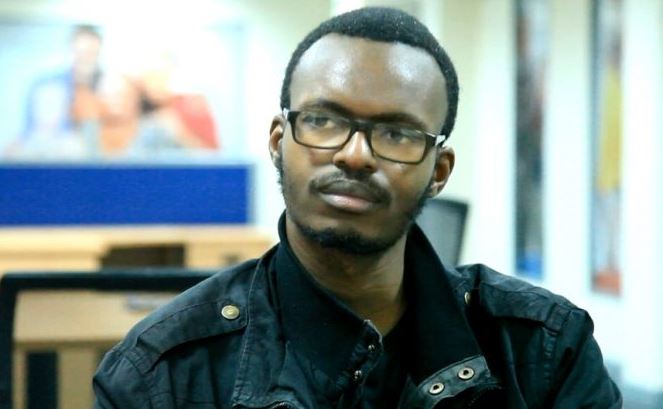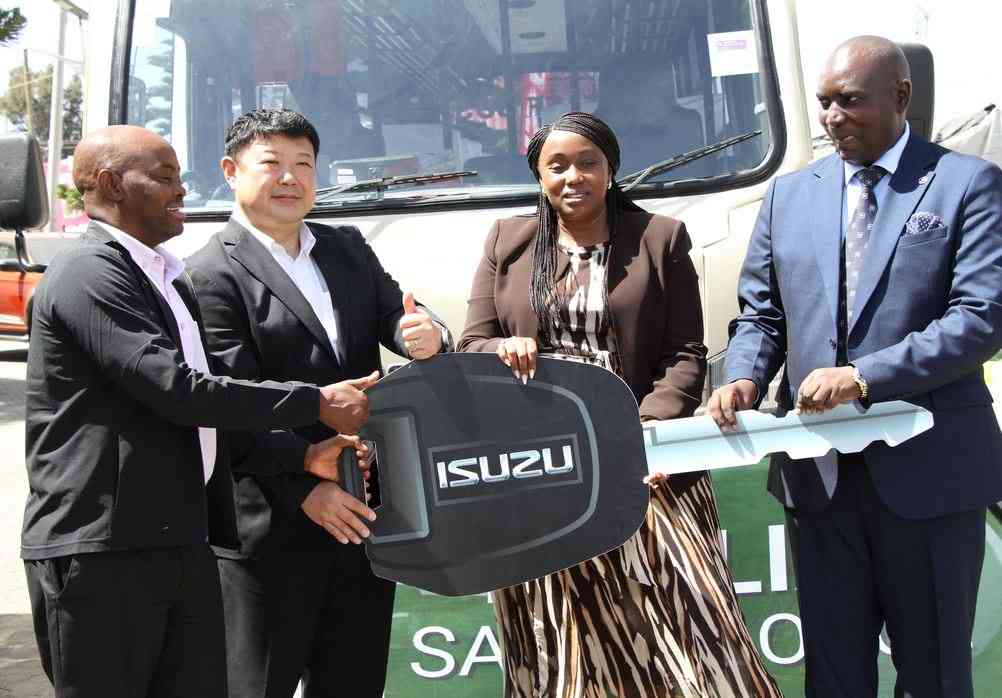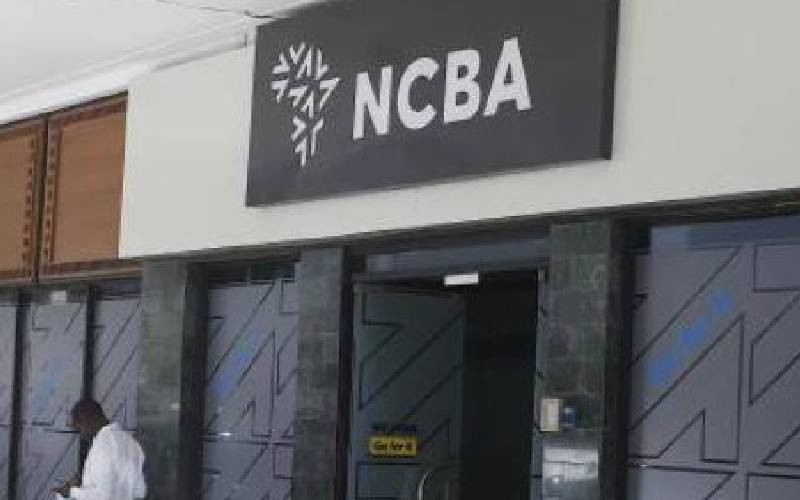×
The Standard e-Paper
Fearless, Trusted News
Do you dream of turning your passion into what puts bread on the table? Four successful entrepreneurs share how they turned their pet projects into money-making ventures.

MY HEART WAS ALWAYS IN ANIMATION








